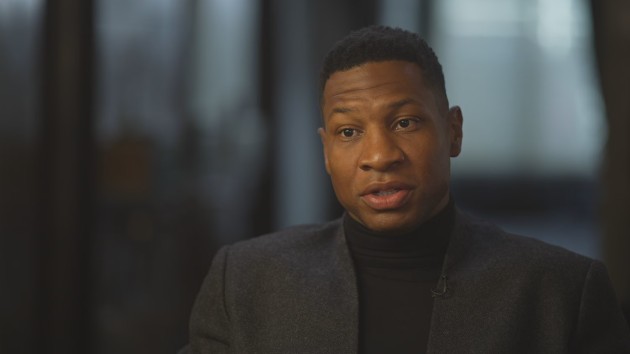The recent denial of Jonathan Majors’ motion to set aside his conviction in a domestic violence case has reignited discussions surrounding the legal, social, and moral implications of such cases. Majors, a prominent actor, faced allegations of assaulting and harassing his then-girlfriend, Grace Jabbari. Despite the denial of his motion, the case raises important questions about the nature of domestic violence, the challenges of legal proceedings, and the impact on all parties involved.
Understanding the Case: The allegations against Jonathan Majors stemmed from a March 2023 altercation with his girlfriend, Grace Jabbari, in a New York City for-hire SUV. Testimony from the trial revealed details of the incident, including allegations of physical assault and harassment following a dispute over a text message on Majors’ phone. The trial resulted in a split verdict, with Majors convicted on some counts while acquitted of others, reflecting the complexities of domestic violence cases and the difficulty of establishing guilt beyond a reasonable doubt.
Legal Proceedings and Sentencing: Following his conviction on charges of misdemeanor assault and harassment, Jonathan Majors faced the prospect of sentencing, with the potential for up to a year in jail. Despite his efforts to set aside the conviction, Judge Michael Gaffey upheld the jury’s decision, citing evidence of reckless behavior and physical injury inflicted upon Jabbari during the altercation. The sentencing, scheduled for Monday, underscores the serious consequences of domestic violence and the importance of accountability within the justice system.
Complexities of Domestic Violence Cases: The case of Jonathan Majors highlights the multifaceted nature of domestic violence cases and the challenges of navigating legal proceedings in such matters. From conflicting testimonies to questions of intent and culpability, domestic violence cases often involve complex dynamics that require careful consideration by judges and juries. Moreover, the emotional and psychological impact on survivors adds another layer of complexity to these cases, underscoring the need for sensitivity and empathy in addressing allegations of abuse.
Addressing the Root Causes: Beyond individual cases like Jonathan Majors’, addressing domestic violence requires a multifaceted approach that goes beyond legal consequences. Efforts to combat domestic violence must include education, awareness campaigns, and support services for survivors. By addressing the root causes of domestic violence, including gender inequality, toxic masculinity, and societal attitudes towards abuse, we can work towards preventing future incidents and creating safer communities for all.
The denial of Jonathan Majors’ motion to set aside his conviction in a domestic violence case serves as a reminder of the complexities and gravity of such allegations. As the legal proceedings continue and sentencing approaches, it is essential to recognize the broader societal issues at play and work towards systemic change to address domestic violence effectively. By fostering a culture of respect, equality, and accountability, we can strive towards a future where all individuals can live free from the threat of violence and abuse.
